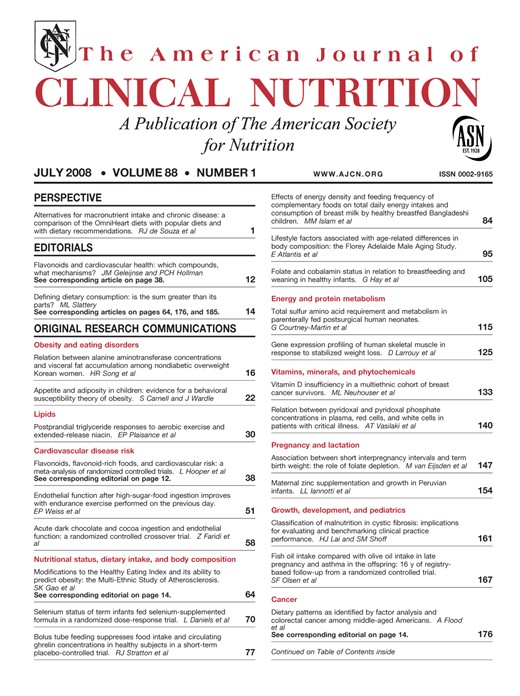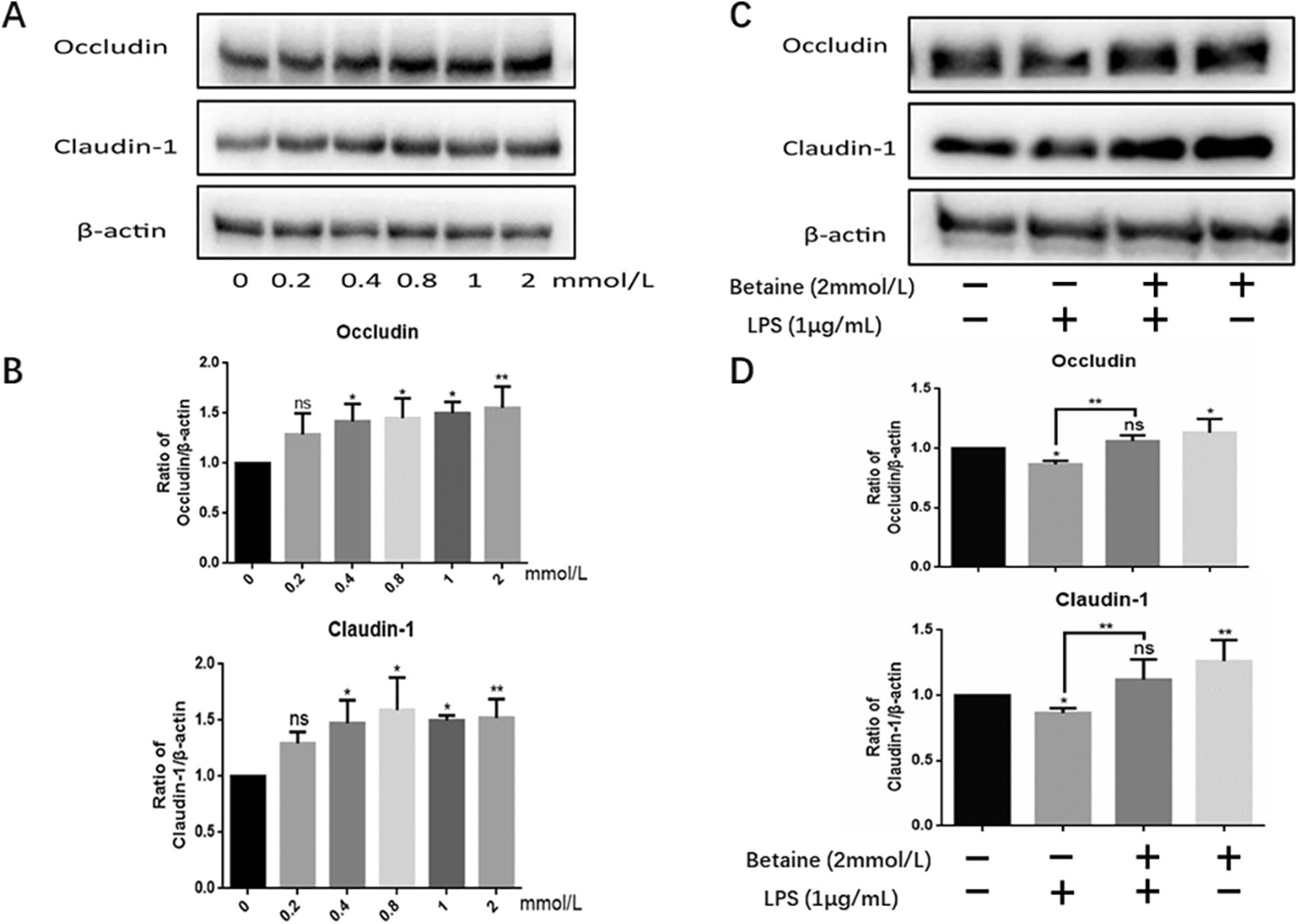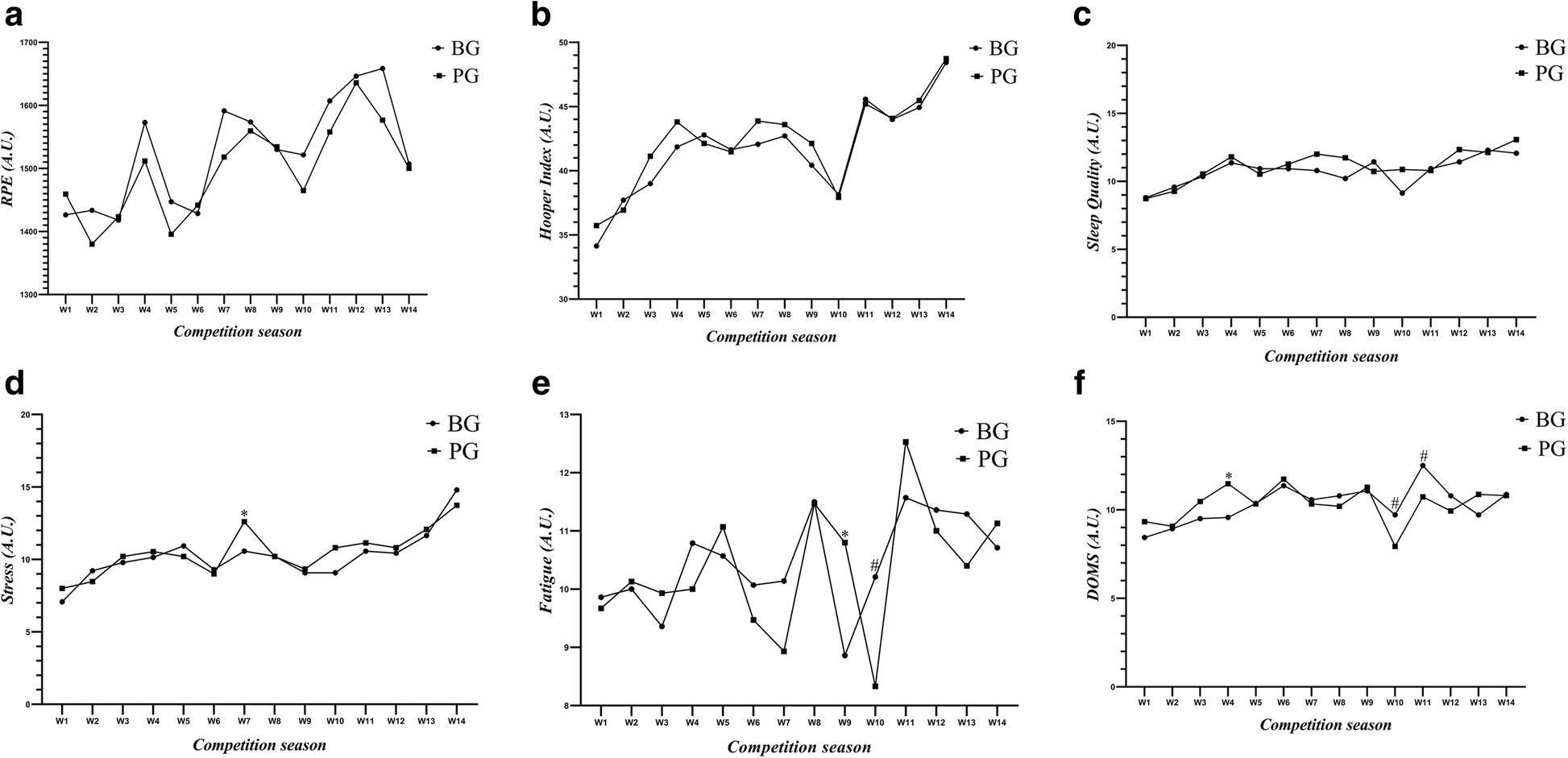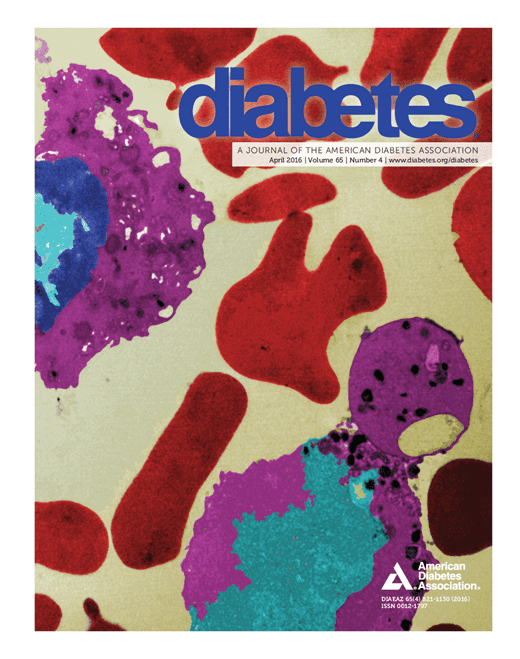iLoveSugar
Member
- Joined
- Sep 19, 2013
- Messages
- 1,205
I've read around a bit, but am curious as to what caues the stomach to grow, while continuing to maintain weight. I gained quite a bit of weight, but have maintained this 200lb over the past couple of years. The odd part is, my stomach is the main thing growing. I went from a medium in shirts, and pretty much right past large to an extra large. What's likely responsible?






